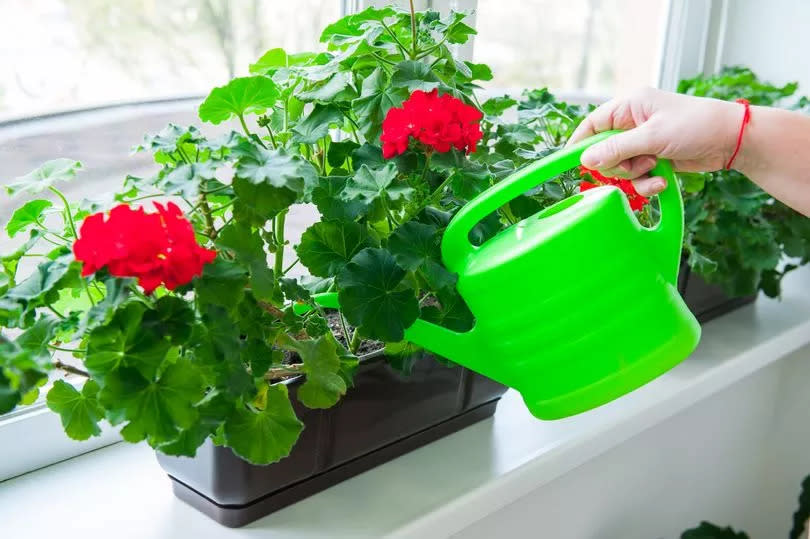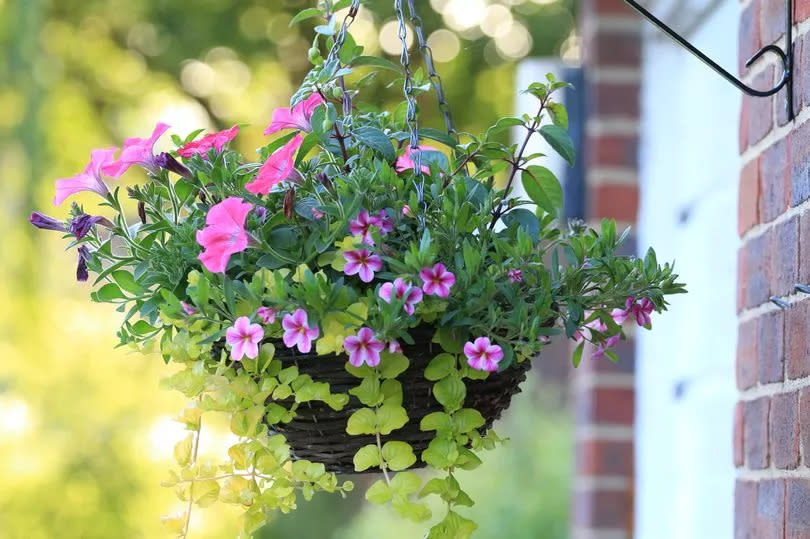Keep hay fever at bay with seven plants for your home and garden this summer

Summer time is when many of us start to experience the irritating symptoms of hay fever, which can include sneezing, itchy eyes or a runny nose.
Often triggered by pollen floating around in the air, it can make life very difficult especially if you're a keen gardener or love having plants or flowers in your home. However, there are certain kinds that are perfectly safe for allergy sufferers, as they produce very little or no pollen at all.
Chris Bonnett from Gardening Express said: “Pollen grains are usually wind borne or picked up on the bodies of beneficial insects such as butterflies and bees.
READ MORE: Glastonbury 2024: Full list of drinks and their prices at festival bars
“Sufferers experience the worst symptoms between late March and September, particularly when it’s warm, humid, or windy.
“Flowers that produce a lot of pollen, like daisies, sunflowers and baby’s breath are extremely pretty, but if you’re struggling to see them through streaming eyes, our suggestions should make you able to enjoy the outdoors again.”
Here are some of the top hay fever-friendly plants and flowers that you can still enjoy this summer and avoid any unpleasant side effects.
Roses
Roses have a beautifully sweet scent and are very low in pollen. The small amount of pollen that roses produce is too heavy to be airborne, making them super safe for anyone with allergies.
Yarrow
These flowering herbs give hay fever sufferers a pretty, delicate foliage, without being offensive on allergies. They are easy to grow, sometimes classed as a weed and not fussy about their conditions but do enjoy full sun. Yarrow has also been used in herbal remedies since ancient times.
Camellia
These easy to grow, glossy evergreens produce bright blooms that come in whites, pinks, and reds. Camellias have both their male and female reproductive organs on the same flower, meaning their pollen doesn’t travel far for pollination.
Geranium
Geraniums are simple, five-petaled flowers that allergy sufferers can enjoy in a variety of colours, including pink, white, red, purple, and blue. They’re an excellent choice for potted plants, as they feature rich green foliage.
Lobelia
These pretty two-lipped flowers grow on narrow dark green leaves and are perfect for adding a bit of brightness to window boxes and pots.

Fruit trees
Most fruit trees are pollinated by insects and not via wind, meaning they are less likely to irritate allergy sufferers. Plus depending on the type of tree you pick, you’ll get a bumper crop of apples, pears, or cherries throughout the summer months.
Conifer
Conifer hedges planted along garden boundaries can help block clouds of pollen and they add more privacy to your space. If you're not sure which to opt for, cedars, firs, junipers, and pines, spruces, and yews.

 Yahoo News
Yahoo News 
